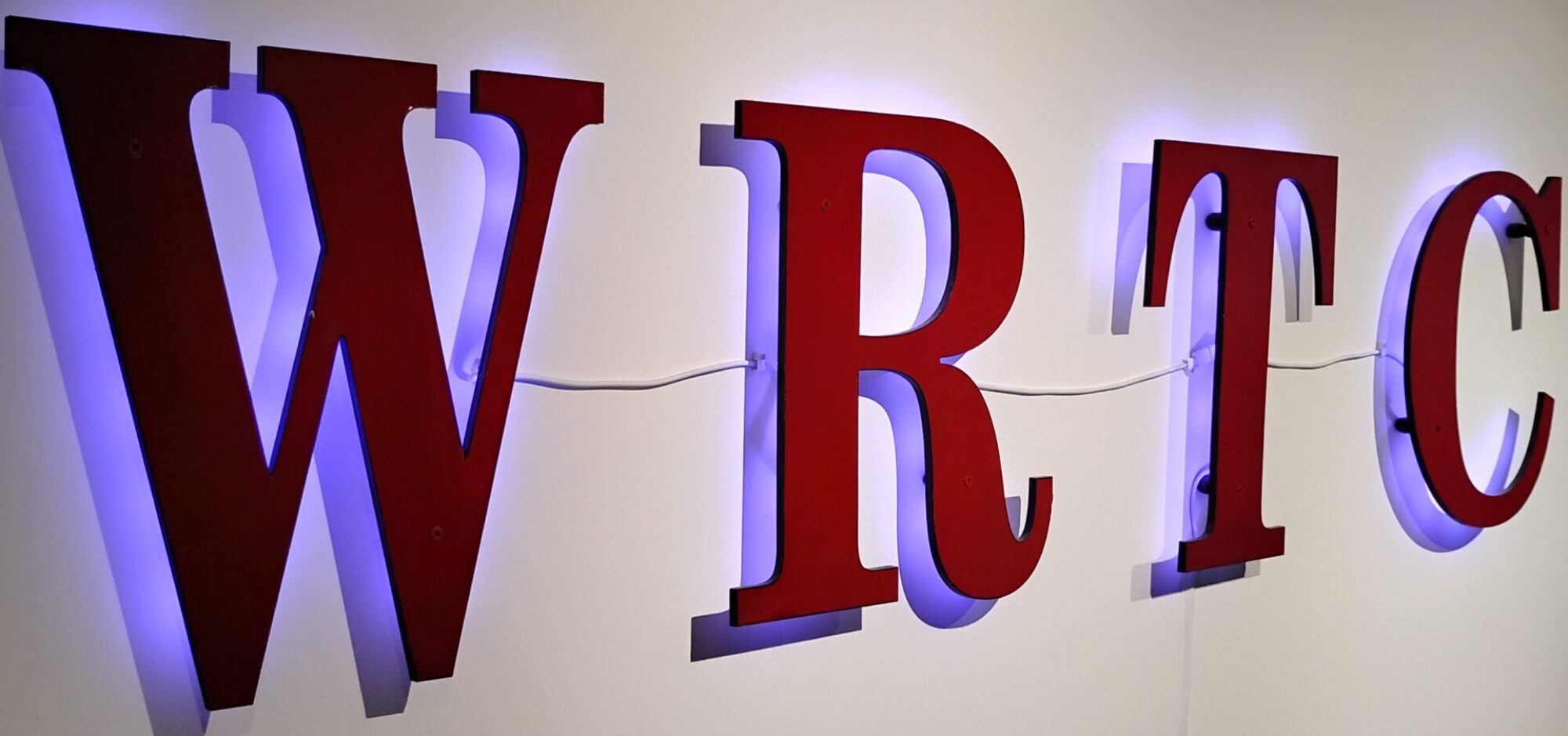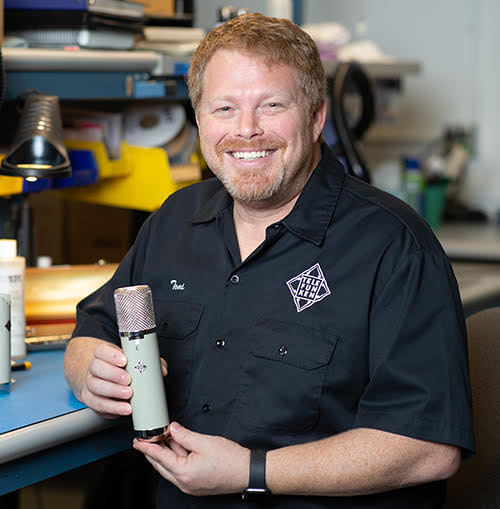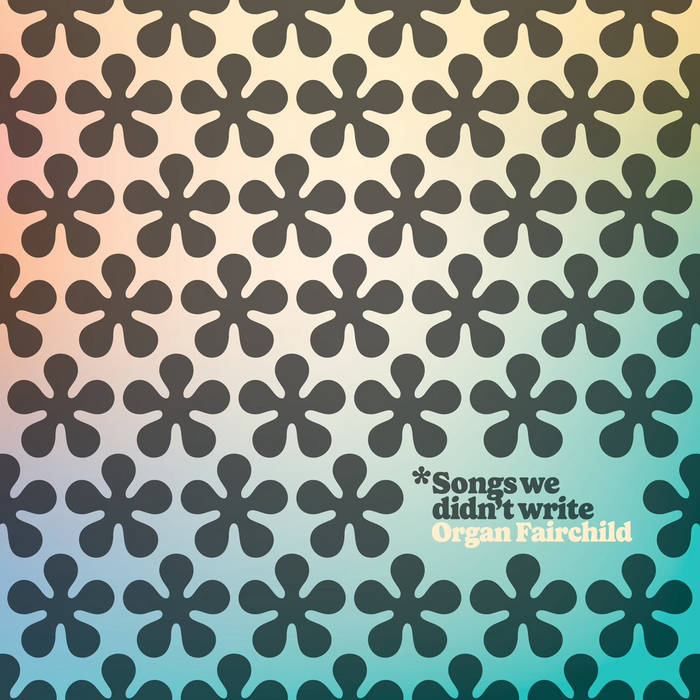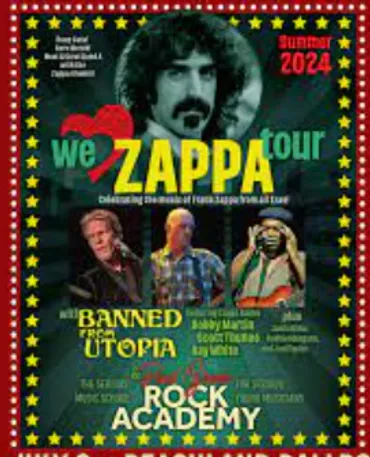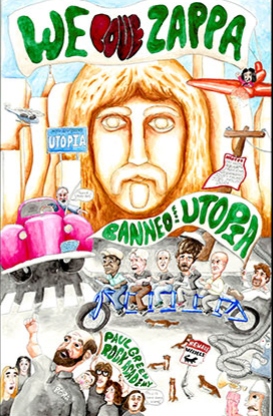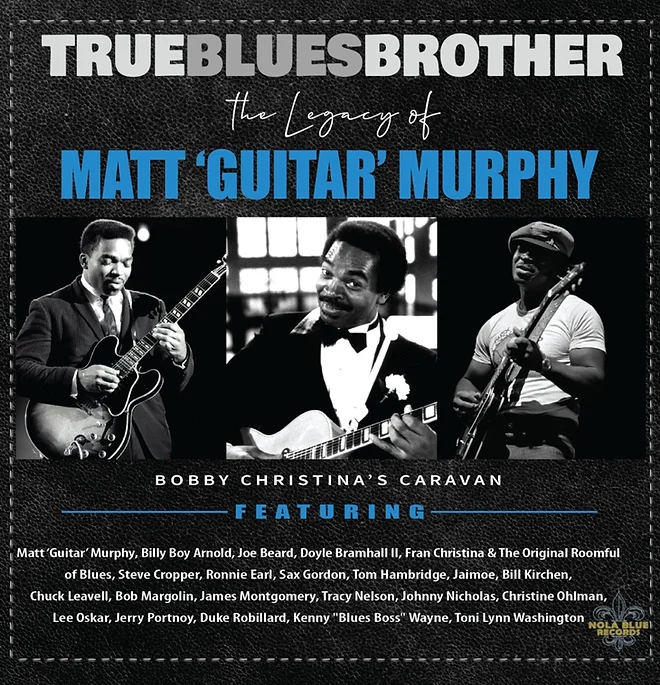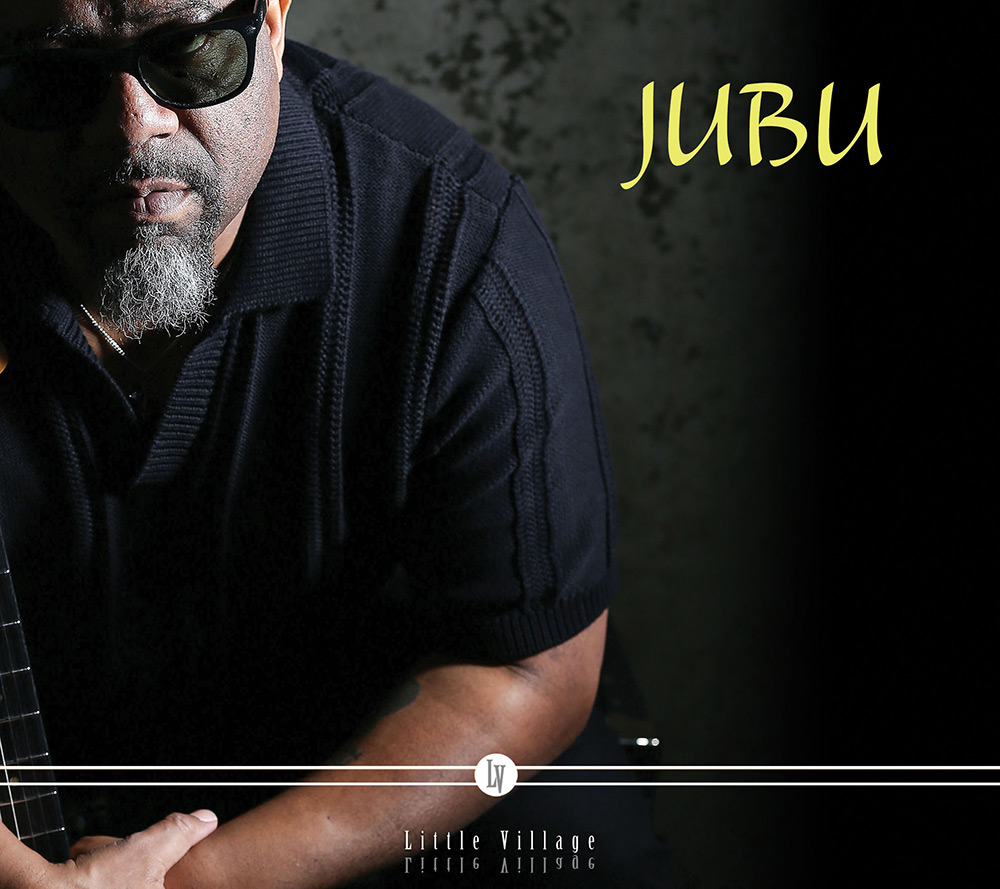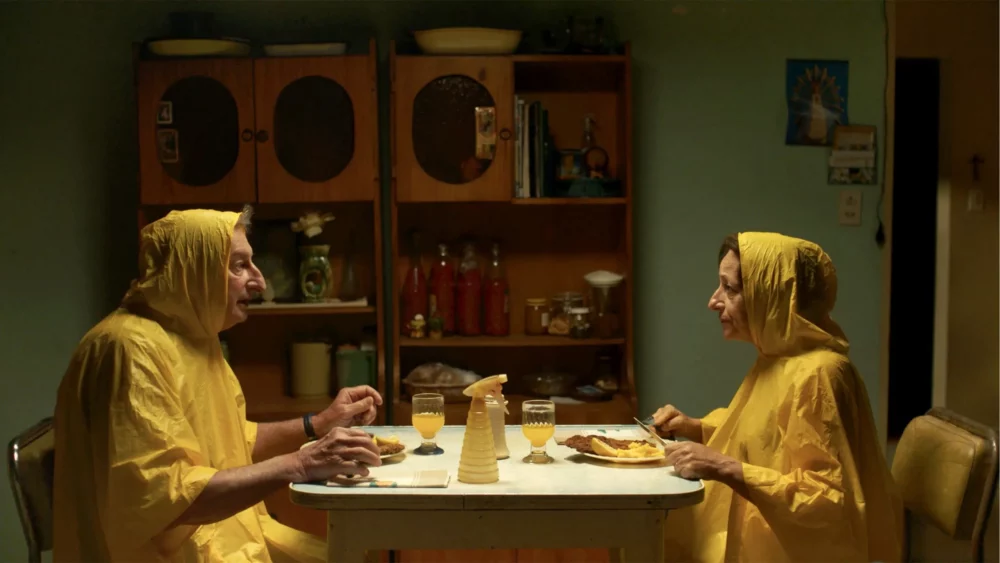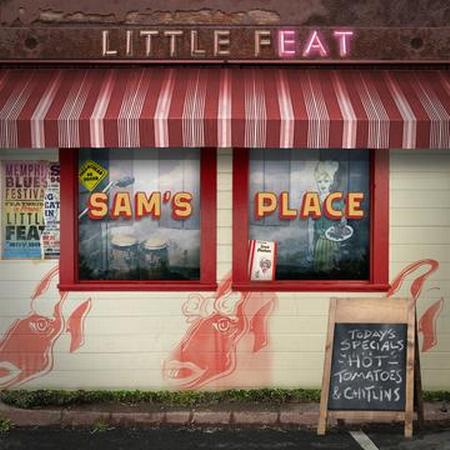The July 28 edition of Strictly Roots featured an in-studio interview with singer Michael Bembridge.
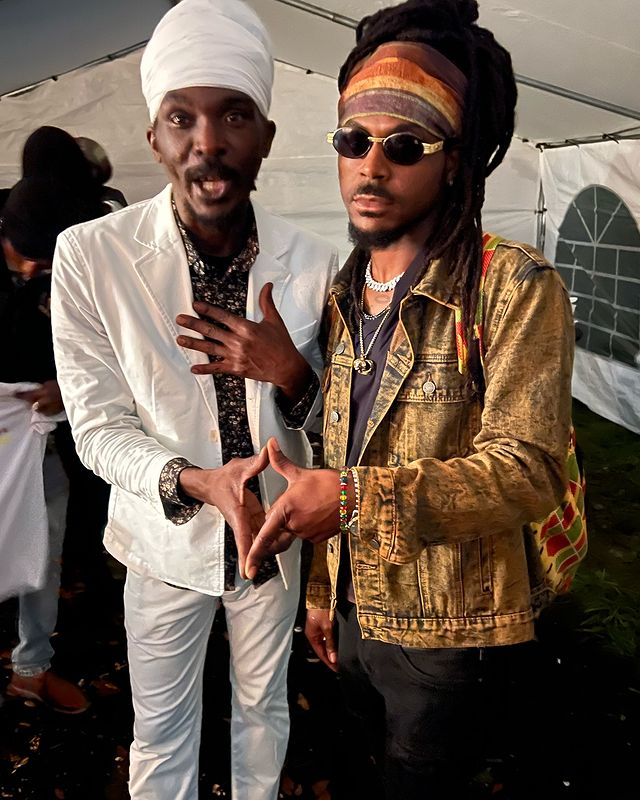
Check out the archive here.
Bembridge, who goes by the stage name Toplane, is a reggae artist hailing from Jamaica. With his infectious rhythms, soulful vocals and thought-provoking lyrics, he’s established himself rising figure in the reggae music scene.
Born and raised in Portland, Jamaica, Toplane developed a deep passion for music from a young age.
Influenced by the rich cultural heritage and vibrant music scene of his homeland, he immersed himself in the sounds of reggae, lovers rock and dancehall. Inspired by legendary artists like Bob Marley, Peter Tosh and Dennis Brown, Toplane honed his craft and embraced the power of music as a form of expression.
In 2019, Under the name Vitchous, he released his debut album, Trust the Process. Blending traditional reggae sounds with contemporary production techniques, the album featured a collection of powerful tracks that tackled social issues, love and personal growth.
In 2021, he changed his stage name to Toplane and has since started an entire rebranding with a stream of new and even more powerful music.
